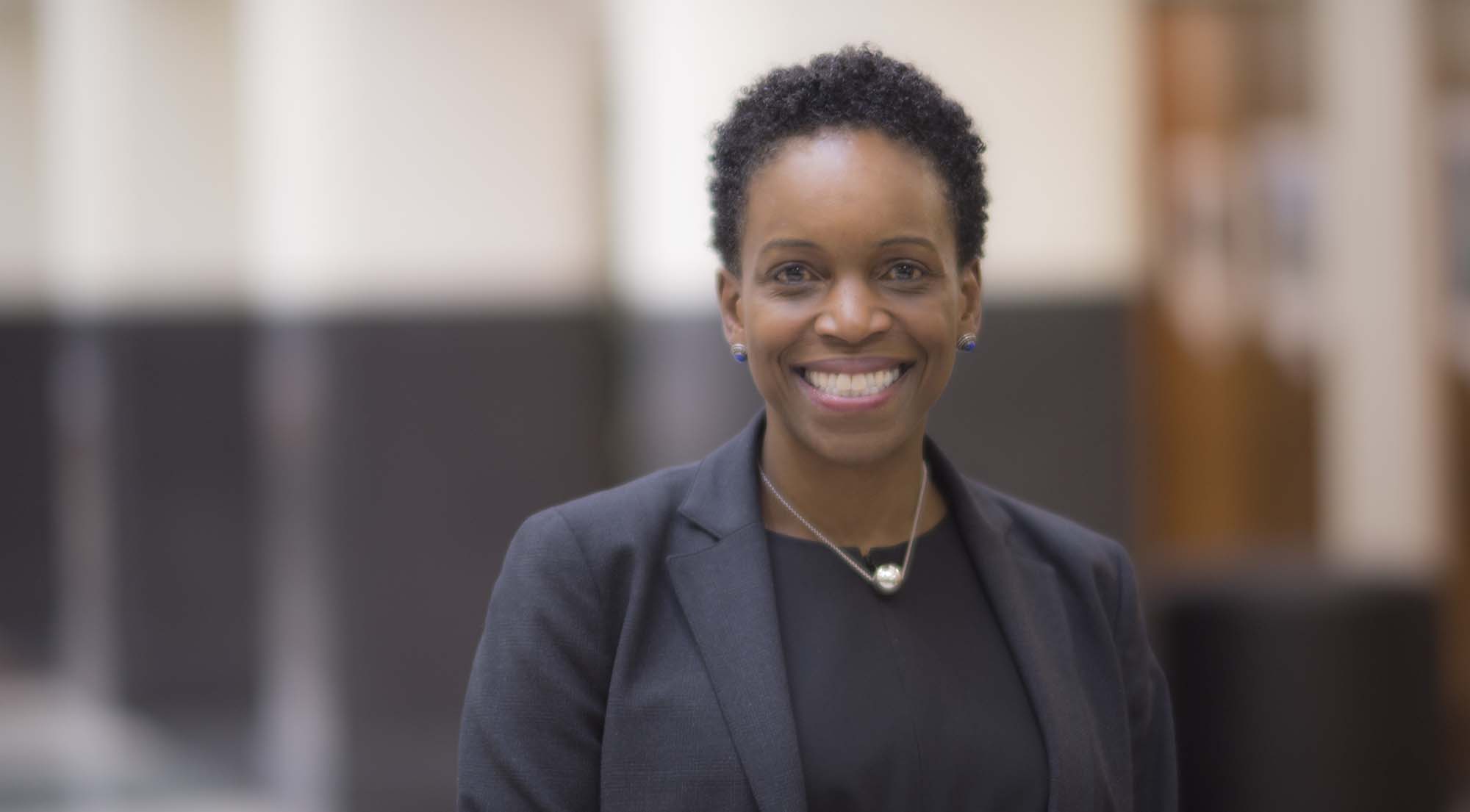
(Photography by Robert Kozloff)
An update from UChicago vice provost Melissa Gilliam.
I’ve been a faculty member at the University of Chicago for more than a decade and have benefited greatly from being part of this scholarly community. As a vice provost, my own experiences compel me to ensure that people from diverse backgrounds and identities can fully participate in the life of this great university.
In spring 2016, the University completed the Campus Climate Survey, taking a hard look at perceptions of bias and harassment based on race, ethnicity, ability status, religion, sexual orientation, gender, and gender identity. In response to these data, in October 2017, the University launched the Diversity and Inclusion Initiative. Our campus has made significant progress to date, but much work remains ahead. Our successes are a result of the leadership provided by our students, staff, scholars, educators, and administrators. It’s impossible to individually recognize all of the people and programs that have contributed, but I’ll share several examples.
Essential to our strategy is creating a strong and sustainable infrastructure. Deans from every division and school have appointed faculty diversity liaisons, including a new coordinator in the University of Chicago Laboratory Schools. Additionally, many schools and divisions have appointed staff with expertise in diversity and inclusion. We have a renewed focus on inclusive pedagogy and diversity in the arts. We’ve also strengthened the operations of a number of existing campus centers, including the Center for the Study of Race, Politics, and Culture (CSRPC) and the Center for Identity + Inclusion. We are also supporting campus units in creating their own diversity and inclusion plans.
We’re using specific strategies. First, we’re relying on science, evidence-based practices, and assessment. We’ve partnered with the University of Chicago Booth School of Business and Second City to implement the UChicago Inclusion Workshop series, combining decision science and improvisation to help people learn new skills for communicating in a diverse environment. To date, one in seven individuals on campus has participated in at least one workshop.
A second strategy is designing programs, policies, and structures in a human-centered way. The newly formed D+I Studio supports the campus community in designing human-centered programs and projects by interviewing and listening to people. Recent projects focus on students with disabilities, veterans, the Court Theatre, increasing food access, and creating local prayer and meditation spaces.
UChicago is committed to a more diverse campus community. Through evidence-based programs, we’re learning new skills and behaviors. With support from the Andrew W. Mellon Foundation, the Provost’s Postdoctoral Fellows Program offers a two-year tenure-track fellowship enabling us to recruit some of the world’s most talented early-career scholars. Collectively, these efforts are resulting in more diverse faculty, staff, and student applicant pools and more diverse institutional, faculty, and staff leadership.
Contributing to communities beyond our campus is a top priority. Last spring, with the leadership of the CSRPC, we worked with the University of Puerto Rico to bring visiting students, faculty, and artists to campus in the wake of Hurricanes Irma and Maria. Together with campus partners, we launched the Community Engagement Grant Program, funding scholarship, educational programs, and events in the South Side community.
These and many other collaborations and programs are making a significant impact on our campus. However, diversity also requires deep personal work from each of us. In order to be truly inclusive, we must allow our individual assumptions and biases to be challenged, our points of view to evolve and change, and ourselves to be held accountable for the environment we create. This work can be difficult, but it’s an example of the University’s commitment to embrace challenges and solve complex problems for the betterment of society.
I welcome the ideas and collaboration of the alumni community in this effort. Please join our Diversity and Inclusion mailing list to receive updates on our progress and invitations to related events that would benefit greatly from your attendance and participation. Thank you for your ongoing support.
